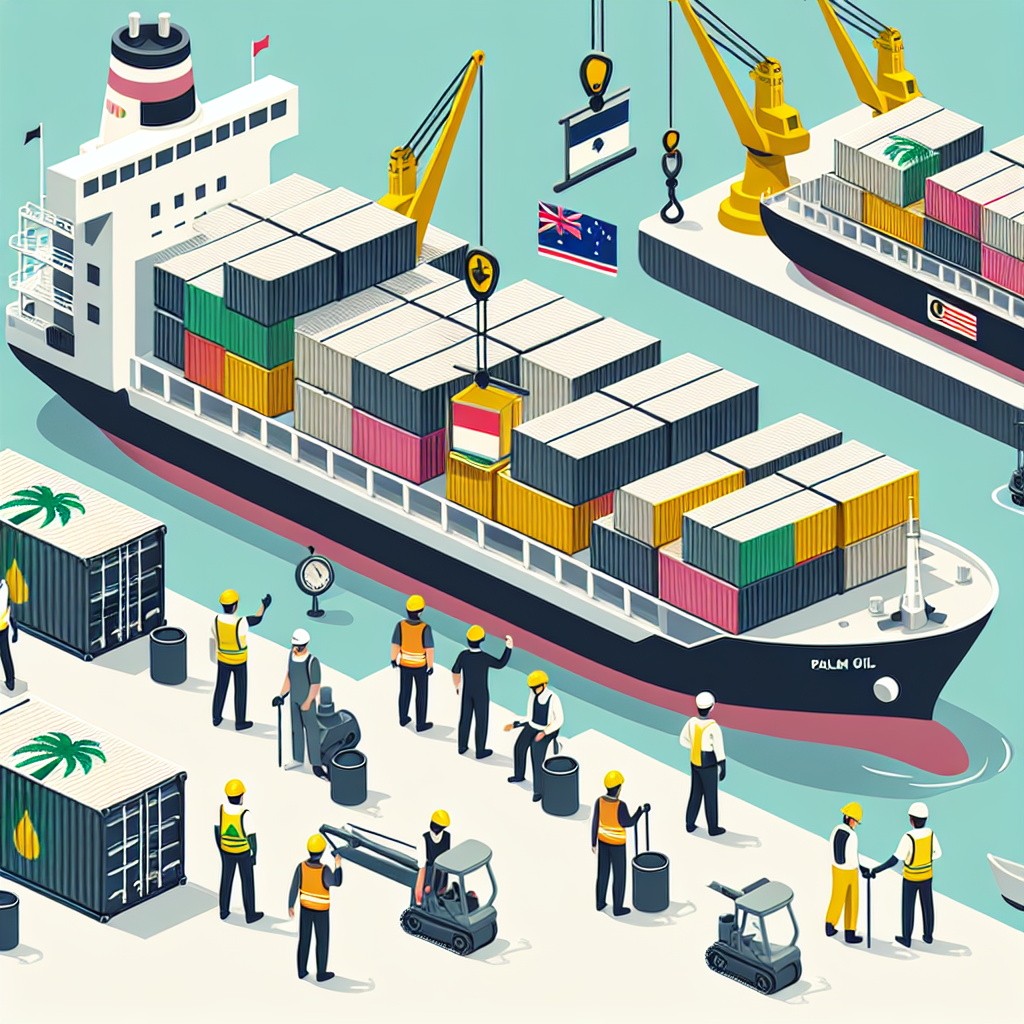Global Cooking Oil Reformation: How Indonesia's Biodiesel Push Alters Palm Oil Market
The global palm oil market is undergoing significant changes due to Indonesia's biodiesel initiative and stagnant production, causing prices to rise. This shift is influencing not only palm oil but also rival vegetable oils, complicating inflation control efforts in major consumer countries such as India.

The global palm oil market is facing significant upheaval as Indonesia, the world's largest producer, prioritizes biodiesel, effectively lifting palm oil prices. Industry analysts reveal that stagnating production, coupled with this biodiesel push, is eliminating the traditional cost advantage palm oil held over competitor oils, straining consumers worldwide.
Indonesia's increased use of palm oil for biodiesel, mandated at 40% this year with potential rise to 50% by 2026, is poised to cut exports by a third by 2030, as stated by the GAPKI. The initiative, along with natural disasters affecting production in Malaysia, has set the stage for unprecedented price hikes, significantly impacting India's massive market.
As stress grows over price inflation, producers and buyers are scrambling for solutions. Calls for relaxing Indonesia's new plantation moratorium echo across the industry, highlighting concerns of future shortages. The global demand for palm oil, both for chemicals and biofuels, promises continued pressure on prices and potential rippling effects on rival oil markets.
(With inputs from agencies.)
ALSO READ
Celebrating Southern Brilliance: South India Business Excellence Awards 2026 Unveiled
Midnight Bail: Indian Youth Congress Leader Udai Bhanu Chib Released Amid Intense Legal Battle
Kejriwal's Acquittal Sparks Legal Rethink in India
Canada and India Near Landmark $2.8 Billion Uranium Deal
Successful Flight Trials Boost India's Indigenous Defence System










